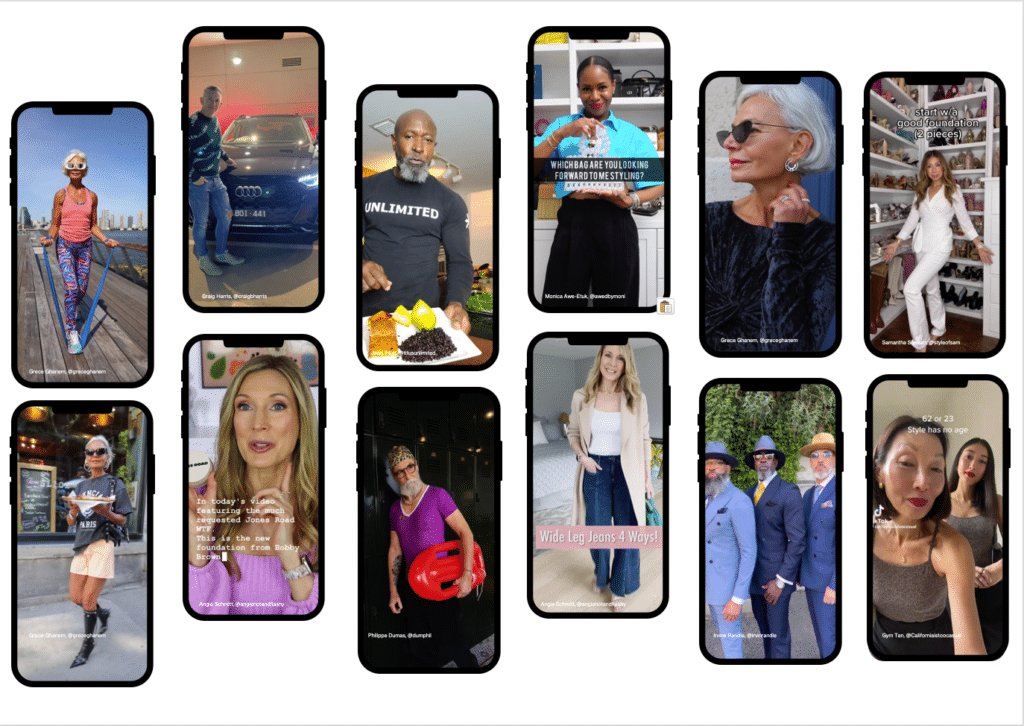As a new cookie-less world looms on the horizon, and agencies and advertisers focus on how it will impact their business, it is consumers who are the winners.
 For years we have been collecting and selling third-party data, far more than most consumers know. And the personalised advertising that is the outcome of all this data isn’t always beneficial for the consumer. Yes, you could say it’s better for me as a cat owner to see ads for cat products instead of dog products. But we all know the feeling of being followed around online by low-quality ads for things we bought a month ago – or decided not to buy at all. Research shows that 54.8% of consumers ‘feel like I’m being spied on’ and 40.4% think ‘this form of advertising is creepy’.1
For years we have been collecting and selling third-party data, far more than most consumers know. And the personalised advertising that is the outcome of all this data isn’t always beneficial for the consumer. Yes, you could say it’s better for me as a cat owner to see ads for cat products instead of dog products. But we all know the feeling of being followed around online by low-quality ads for things we bought a month ago – or decided not to buy at all. Research shows that 54.8% of consumers ‘feel like I’m being spied on’ and 40.4% think ‘this form of advertising is creepy’.1
Far better for consumers than that eerie feeling of being tracked by ads, would be to experience creative, higher quality advertising – instead of ones AB tested far past the point that they reflect a brand’s values and personality.
For the past few years there has been a lot of debate about short-term versus long-term marketing. We have constant, sometimes provocative, discussions with clients about how much a third-party data-driven approach is really helping in the long run.
Luckily, for consumers as well as us marketing enthusiasts, more and more brands are starting to realise that the balance has tipped too far towards real-time, right-now results, and too far away from the long-term craft of creating a lasting and meaningful brand.
As Adidas’ Global Media Director Simon Peel, said recently: ‘We over-invested in digital advertising. A focus on efficiency rather than effectiveness led us to over-focus on ROI and over-invest in performance at the expense of brand-building.’ The demise of cookies will hasten this rebalancing. It is a golden opportunity to create strong brand stories again, where online touchpoints are just one of many options.
So, does the end of third-party cookies mean that personalisation is dead? No. Personalisation is definitely not dead. The new situation doesn’t leave us with no targeting options at all. Think of contextual and behavioural data for instance; we might not know exactly who you are, but we do know which website you’re currently on or what time of day it is. These give us an excellent foundation for addressable creativity. My colleague James Boardman at Wavemaker Australia has written an excellent piece extolling the use of cohorts in the priming stage.
We are moving from one-to-one communication, to one-to-moment communication. In the eyes of the consumer, this will make addressable advertising way less creepy. Our comms will still be relevant, but more empathetic and reflective of the behaviours of the individual as opposed to their identity.
 Attention is inevitably turning to first-party data, in return for which consumers are clear about what they’re saying yes to. It’s a great reason to rekindle any customer relationships that may have been neglected. Collecting first-party data demands a more creative and different way of thinking about online marketing. Making use of strong insights, combining them with your brand story to create a narrative that really sets you apart from competitors. Becoming a distinct and even loved brand that doesn’t need to rely on third-party data.
Attention is inevitably turning to first-party data, in return for which consumers are clear about what they’re saying yes to. It’s a great reason to rekindle any customer relationships that may have been neglected. Collecting first-party data demands a more creative and different way of thinking about online marketing. Making use of strong insights, combining them with your brand story to create a narrative that really sets you apart from competitors. Becoming a distinct and even loved brand that doesn’t need to rely on third-party data.
The demise of cookies is a win for consumers and advertisers. It challenges us all to really make an effort for the consumer again, dive deep into their world, their behaviour and their interests, so we can create high-quality marketing that is both effective and a good experience.
Annemieke Mol, Head of Content, Wavemaker Netherlands 
Footnotes
1 Claire M. Segijn &Iris van Ooijen – 15 Dec 2020
Differences in consumer knowledge and perceptions of personalized advertising: Comparing online behavioural advertising and synced advertising








